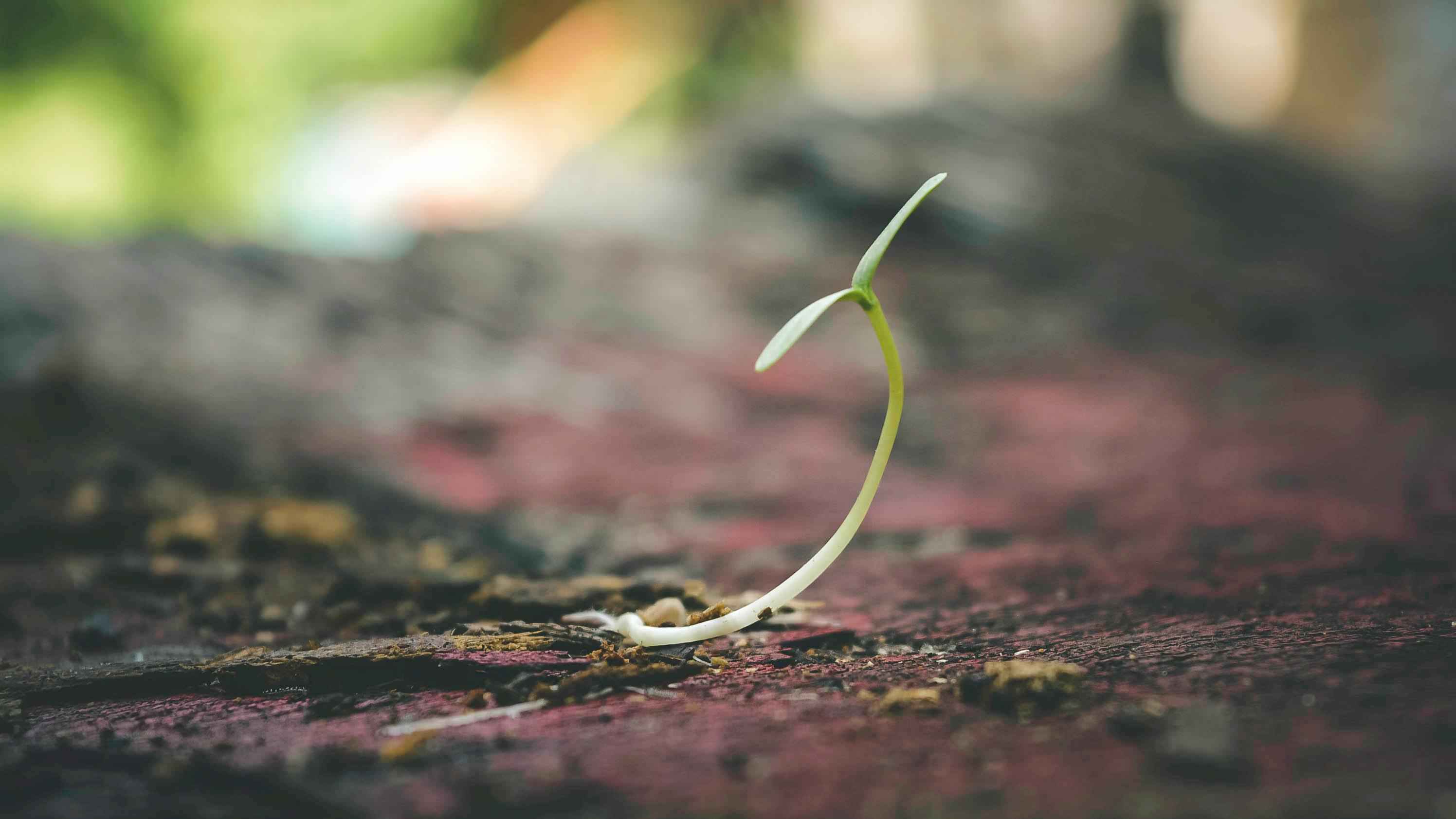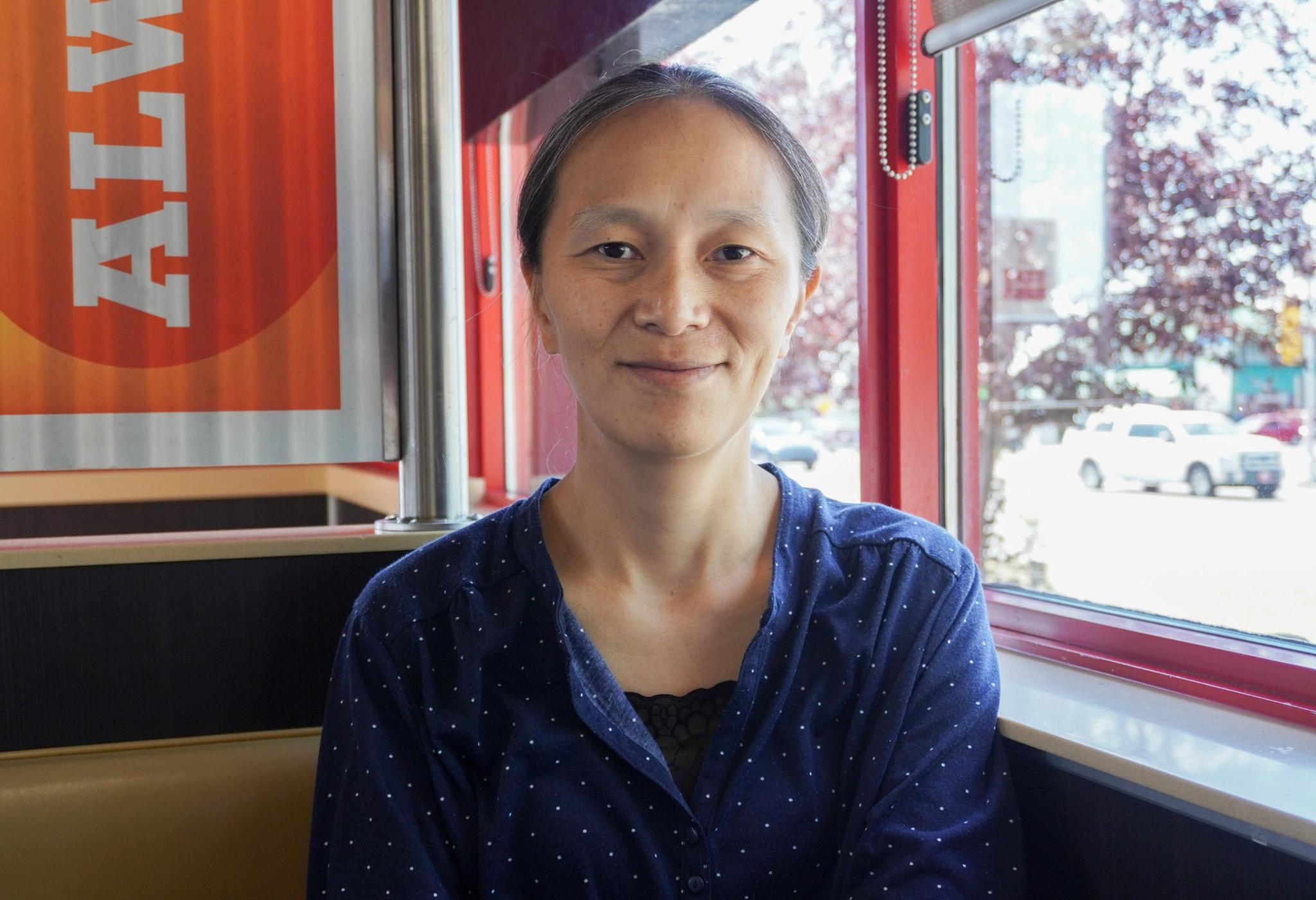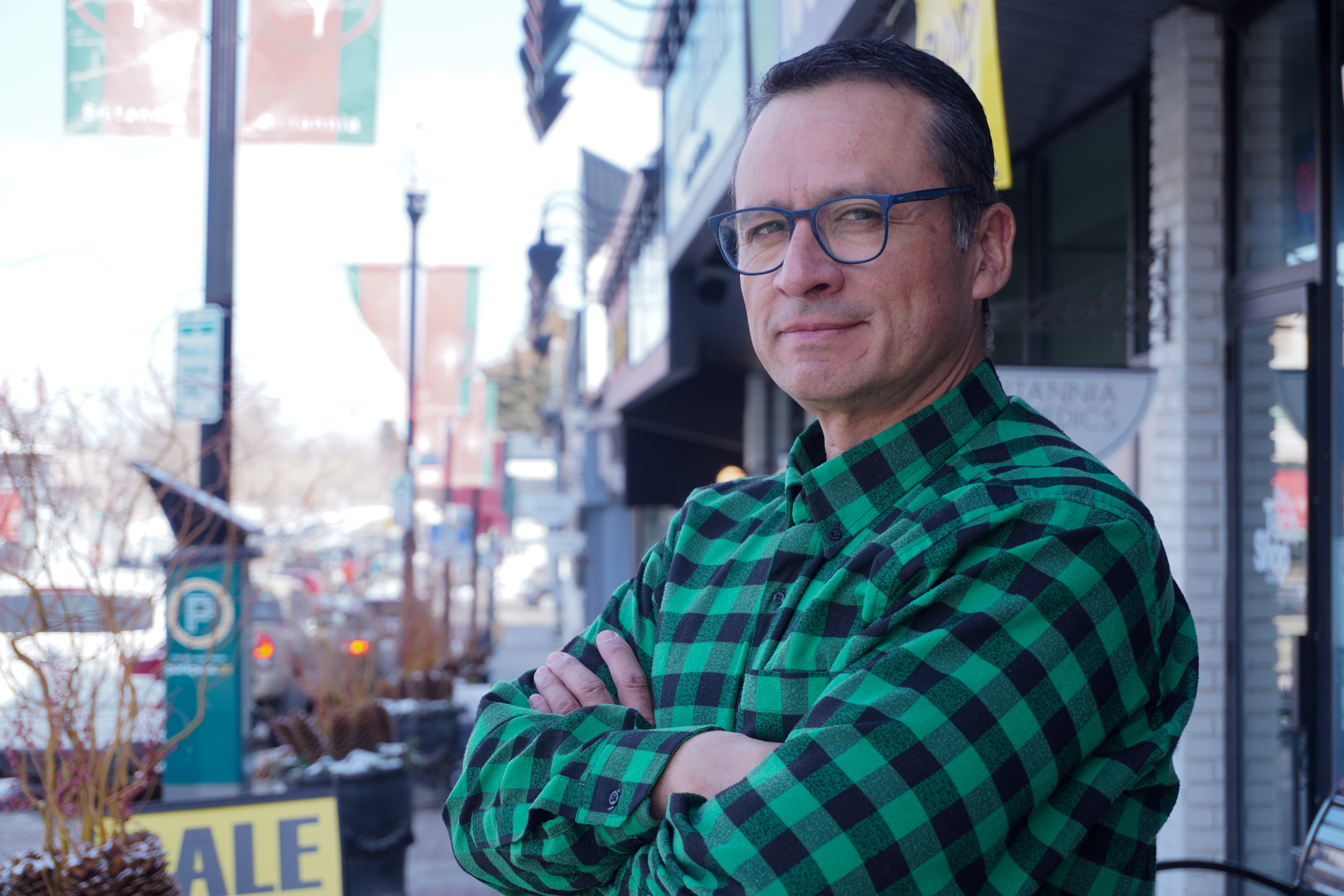Life is hard, and staying positive is even harder. There are those who, despite sporting the scars of a rough life, find something to look forward to every day. Less resilient souls might be prone to lose hope at the slightest ordeal.
Our ability to endure is closely related to our mindset. Those who trust that calm will come after every storm emerge victorious and even stronger. Those with a negative mindset, by contrast, tend to drown in the rain.
Being optimistic not only promotes positive results. According to research, it can even extend our lives. Let’s explore why and how to harness the power of optimism.
Optimism is a choice

Every morning, we get to choose our mindset. If everything is going smoothly in our lives, it’s easy to see the good and expect great things to come. It is when our minds are troubled and our hearts uneasy that the choice becomes difficult.
When we are immersed in worries, our mind quickly focuses on problems instead of thinking of solutions. This reaction occurs out of fear of a negative outcome or as a defense mechanism when our interests are threatened. Yet the mind of an optimist works differently:
- Where there is a problem, an optimistic person finds a solution.
- Where there is a challenge, an optimist sees a learning opportunity.
- Where there is a conflict, an optimist sees personal growth.
- Where there is pain, an optimistic person sees a chance to develop tolerance.
- Where there is loss, an optimist sees an opportunity to learn to let go.
Success
You are now signed up for our newsletter
Success
Check your email to complete sign up
Optimism is something we can learn, but it takes regular practice to make a habit of it. Every time something ‘bad’ comes up, take it as a chance to practice reframing. Is it as serious as your mind thinks it is? Will it last forever? How will it change you for the better?
An ancient Chinese proverb encourages us to keep a broader perspective:
退一步海闊天空
“Take one step back, and you will see the vastness of the sea and sky.”
If we choose to keep our eyes on the clear, vast sky, the storm will naturally seem fleeting and insignificant.
Beware of pessimism

Once self-accusatory and fearful thoughts arise, they undermine our confidence, making us feel weak or powerless.
Are you a pessimist? Watch for these signs:
- During uncertain times, you usually expect the worst.
- You believe your achievements are a matter of luck.
- When something goes wrong, you think it’s your fault.
- If something goes well, you brace for the good times to end.
- When thinking about your future, you don’t see yourself fulfilled.
Unlike optimistic thoughts, which drive action, negative thoughts can inhibit action altogether.
Pessimistic people, for instance, might not go to a job interview because they believe they will not get the job anyway; they will not take on new challenges because they think they are not qualified; they will not start a new hobby because they think they are too old; or they will not start exercising because they assume they will not be consistent.
Optimistic people, on the other hand, believe that anything is possible, as long as they are willing to put in the effort. They do not focus on what could go wrong, but on the possibility – however small – of things going right.
Such a positive outlook requires us to be comfortable with failure. Once we let go of the fear of making mistakes, we become more confident and willing to try almost anything.
Optimism for a healthy, longer life

The possibility that a simple change in perspective can improve our health and extend our lives has inspired researchers to explore the power of optimism.
Optimism and blood pressure
A 2020 American study published in the National Library of Medicine found that a positive outlook was associated with reduced hypertension risk. The research team assessed optimism in 103,486 U.S. Army active-duty soldiers (average age 28.96 years) who had normal blood pressure levels. Over the following 3.5 years, optimistic people showed a 22 percent reduced risk of developing hypertension.
Another research paper published five years earlier in the same journal evaluated the link between pessimism and the incidence of coronary heart disease (CHD) – a heart condition often caused by high blood pressure. Over a 10-year period, middle-aged and older Finnish men and women were assessed, revealing that the men who were ranked among the most pessimistic were four times more likely to develop CHD.
Optimism, cardiac surgery recovery and depression
A 2012 study evaluated the relationship between optimism and the recovery of patients who had undergone coronary artery bypass graft (CABG) surgery and were suffering from post-surgery depression. After an 8-month assessment, optimistic patients showed a lower likelihood of needing re-hospitalization compared to their less positive peers, as well as a higher responsiveness to depression treatment.
Optimism and longevity
The first American study to evaluate the connection between optimism and longevity was conducted in the 1960s with 839 patients. Over a 30-year period, researchers found that for every 10-point increase in pessimism, the mortality rate rose 19 percent.
Another research article published in 2019 explored the effect of optimism on peoples’ life span. It found that the most optimistic women – the top 25 percent – lived around 14.9 percent longer than their counterparts. As for men, the most positive ones had a 10.9 percent longer lifespan than their less cheerful peers.
Practical ways to become optimistic
1. See the good, big or small

“I don’t think of all the misery, but of the beauty that still remains.”
Anne Frank
Optimism is a habit built on gratitude. It requires training the mind to see the good, even when the bad seems to impose itself. Fixing our eyes on the bright side of things will keep us hopeful and eager to live.
2. Remind yourself that all storms pass

“Never lose hope. Storms make people stronger and never last forever.”
Roy T. Bennett
When a trial arrives, it is helpful to keep a phrase or two in mind. “Everything will be alright” and “All things pass” are some of the most common. Look back and remember the trials you have overcome. However unbearable they seemed, time softens the blow, and can even make them look trivial.
3. Train your mind to reframe

“But I know, somehow, that only when it is dark enough can you see the stars.”
Martin Luther King, Jr.
As the optimistic person you are striving to become, become intentional in the way you perceive each setback. Will it help you become more resilient? Will it lead you to learn something new? Will it inspire you to be more empathetic to others?
When you begin to see difficulties as blessings in disguise, you’ll feel ready to tackle anything.
4. Look for inspiration
“Most of the important things in the world have been accomplished by people who have kept on trying when there seemed to be no hope at all.”
Dale Carnegie
Tenacious optimists can be found almost anywhere. If we are patient and listen, we may be touched by the stories of extraordinary people who quietly endure life with a smile. Since inspiration is a personal matter, I’ll share here my two major sources of inspiration:
Yinghua Chen

Our newspaper reported Yinghua’s story last year. As a journalist, I had the opportunity to interact with her personally, listening to her accounts and the way she perceives life.
According to Chinese police records, Yinghua was imprisoned three times during her time in China due to her faith in Falun Gong. Her experiences of torture and force-feeding in Chinese prisons have been documented by other media.
The lesser known facts are that she was deprived of the opportunity to see her son grow up – he was two and a half years old when Yinghua fled home to escape persecution, and 15 when they were reunited in Canada – and that she was forced to live separated from her husband – currently in prison and presumed innocent – since 2008.
Nevertheless, referring to the Canadian government’s help in rescuing her from China, she said with a smile, “What touched me the most was the power of the ordinary people’s good deeds […] I love Canada and Canadians!”
Today, she lives in Calgary with her son, now 19 years old, and her aging parents. She keeps in touch with her husband every week, confident that they will soon be reunited.
Giovanni Avendano

Parents are heroes to their children. In my case, God gave me a courageous and optimistic father.
He went from being an engineer with his own company in Colombia, to working as a cleaner in Canada. The change of culture, the cold weather and the language barrier made things that much more difficult.
After seven years of calling Canada our home, he has devotedly studied English every day. Although he often complains about how old he is to be learning a new language, or how physically demanding his current job as a scaffolder is, he is always willing to joke about his ordeals.
“The sun rises every day,” he tells me, and then reminds me how hard life gets with age. But if I can inherit his strength and good cheer, I can say, I’m ready to get older!













